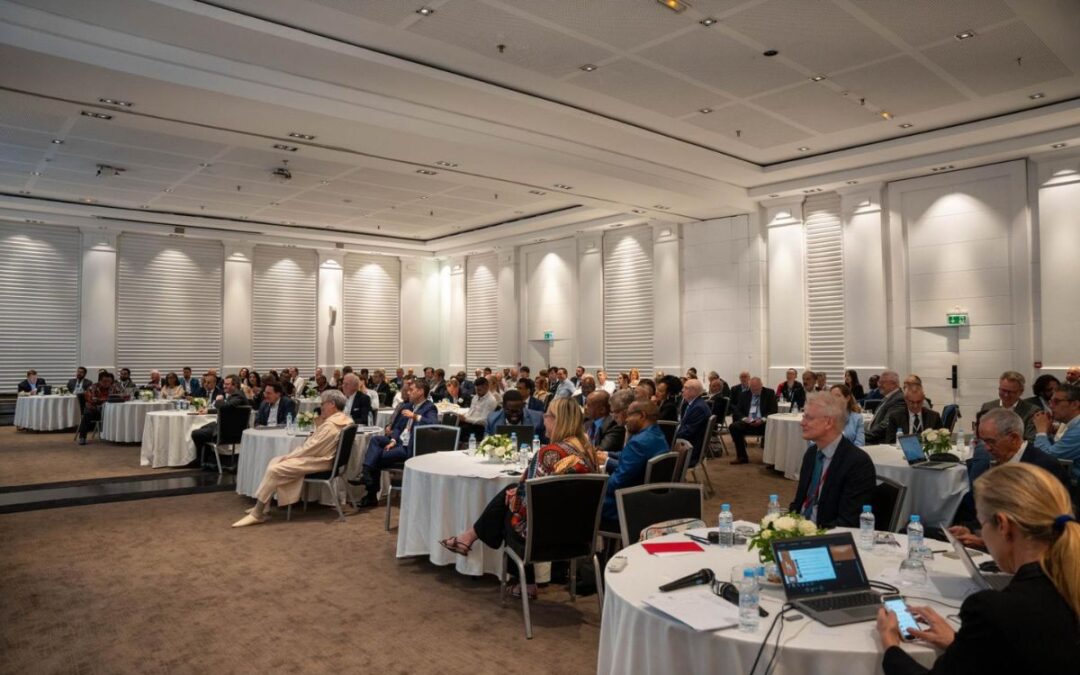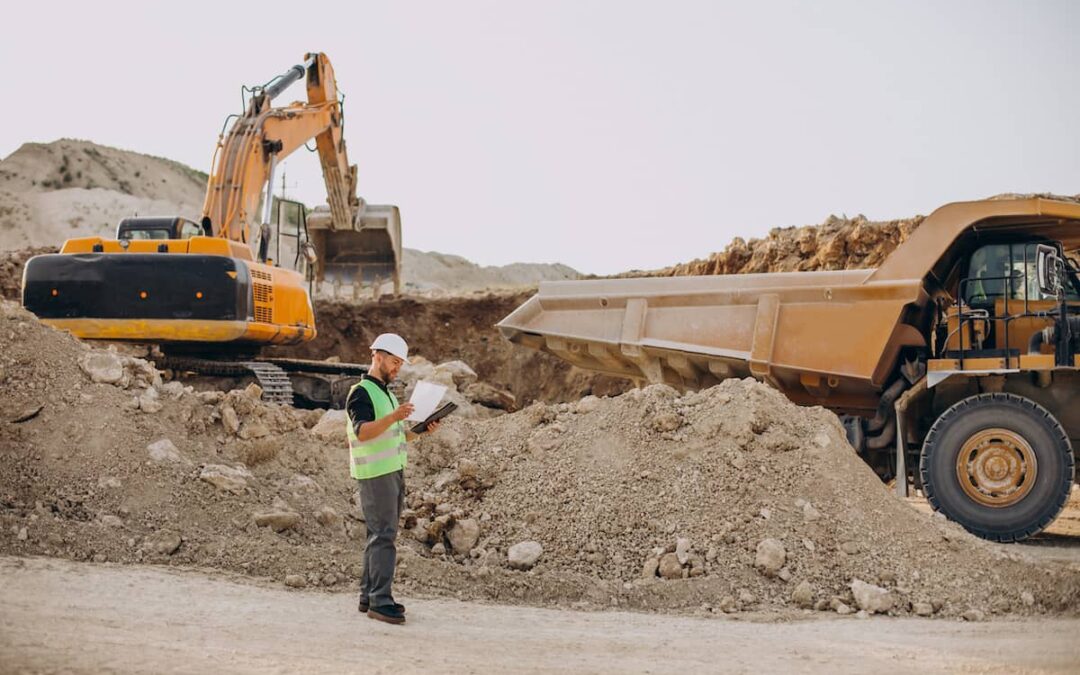
INSIGHT : Legal Article
The Importance of Appropriately Managing Hazardous Materials in the Oil and Gas Sector
A major challenge throughout the Oil and Gas (O&G) sector is that many waste streams can become contaminated by oily or hazardous fluids, and possibly result in radioactivity requiring careful transportation, handling, treatment and disposal.
Managing these waste materials is very important as it directly impacts the environment. Some hazardous waste management schemes have been put in place to remedy this situation. However, several challenges remain as regards hazardous waste management.
Waste is classified as being hazardous when it displays one or more radioactive or hazardous properties, including explosive, oxidizing, flammable, irritant, harmful, toxic, carcinogenic, as well as harmful effects on the environment and human health. Waste generated at terminals may include tank bottom sludge, as well as spill cleanup materials and soils contaminated with oil.
This article discusses the management of hazardous waste in African countries, with emphasis on industrial hazardous waste. It seeks to highlight the importance of managing hazardous materials, identify the different types of management schemes, list some legal texts governing hazardous waste management, and outline the challenges of hazardous waste management as well as some possible recommendations.
Hazardous waste management schemes have varied approaches. These include reduction, reuse, recycling/recovery and treatment.
Importance of management of hazardous materials
The management of hazardous wastes is of great importance due to environmental health, social, and economic impacts. During the past two decades the world experienced a dramatic increase in the amount of hazardous waste generated.
Hazardous waste not only poses risks to the surrounding air, water, and soil, but also cause harm to the ecological environment and as well as to human health through diverse channels.
Types of hazardous waste management schemes
Hazardous waste management schemes have varied approaches. These include reduction, reuse, recycling/recovery and treatment.
Reduction
Important in manufacturing. Purchasing products that includes these features supports source reduction. When a method is chosen to reduce waste, pilot testing may be suitable for initial evaluation. Source reduction can save natural resources, reduce pollution, conserve energy, reduce the toxicity of the waste and save money for consumers and businesses alike.
Reuse
Focuses on using materials or products that are reusable such as chemical containers, using waste oil for road building, burning waste oil and energy recovery.
Recycling/Recovery
Transforming waste into usable materials or energy derived from waste material such as scrap metal recycling, recycling drilling mud used in the drilling debris, oil recovery and reservoir sedimentation water exploration and production manufacturing processes.
Treatment
This involves detoxification degradation, detoxification and/or neutralization of the remaining processes which includes biological methods, incineration, thermal analysis, neutralization chemical methods, stabilization methods and physical filtration using centrifugal force.
Some regulations governing hazardous waste management
The importance of hazardous waste management has created the need to establish regulatory frameworks to govern and oversea the implementation of the various schemes for better protection of the environment.
Some of these texts are:
- The Basel Convention on the Control of Transboundary Movements of Hazardous Wastes and their Disposal of 22 March 1989 – this is the most important regulatory framework for the management of hazardous waste.
- The Bamako Convention on the ban on the Import into Africa and the Control of Transboundary Movement and Management of Hazardous Wastes within Africa) signed on 30 January 1991.
- Local laws like hydrocarbons specific regulations contain provisions on respect and protection of the environment by operators in the sector.
Challenges of Hazardous Waste Management
In Africa countries, hazardous waste management faces a lot of challenges.
These include:
- systems which lack a systematic approach to administering waste management programs;
- inability to effectively collect and manage wastes to reduce the negative impacts of O&G activities;
- the regulatory frameworks and regulations which do not adequately address hazardous waste treatment and final disposal;
- inadequacies in the implementation of regulations associated with hazardous waste management due to fragmented responsibilities among government departments and local authorities;
- Poor conduct and inappropriate disposal methods exercised during the handling and disposal of hazardous wastes which increase significant health hazards and environmental pollution due to the harmful nature of the waste;
- Lack of necessary rules, plans, regulations, and instructions on different aspect of collections and disposal of waste;
- Many developing countries have no dedicated hazardous landfill disposal facilities.
Recommendations
Past research studies have established that the key driver to hazardous waste management is the involvement of all the stakeholders including waste generators, regulators, decision makers, waste processors, and informal and formal sectors. These stakeholders have a crucial role in improving the system by ensuring the development and delivery of effective and efficient hazardous waste management programs.
Some recommendations are:
- Enact laws and regulations which will adequately address the issue, whilst considering the dynamics and peculiarities of the oil and gas sector in the country;
- Establish a regulatory body within the States that will have as principal role to monitor the effective management of hazardous materials; and
- Implement and enforce more consistent measures.
Legal Notice
Copyright © 2019 Clarence Abogados & Asociados and the Clarence Abogados & Asociados logo are trademarks of Clarence International Holding Limited. All rights reserved. This article may contain the confidential and proprietary trade secrets of Clarence International Holding Limited and may not be copied or stored in an information retrieval system, transferred, used, distributed, translated or retransmitted in any form or by any means, electronic or mechanical, in whole or in part, without the express written permission of the copyright owner.
Disclaimer
The information materials and opinions contained on this article are for general information purposes only, are not intended to constitute legal or other professional advice and should not be relied on or treated as a substitute for specific advice relevant to particular circumstances. Neither Clarence Abogados & Asociados nor any other Clarence International Holding Limited entity accepts any responsibility for any loss which may arise from reliance on information or materials published on this article. Prior results do not guarantee a similar outcome.



